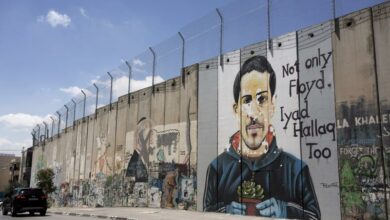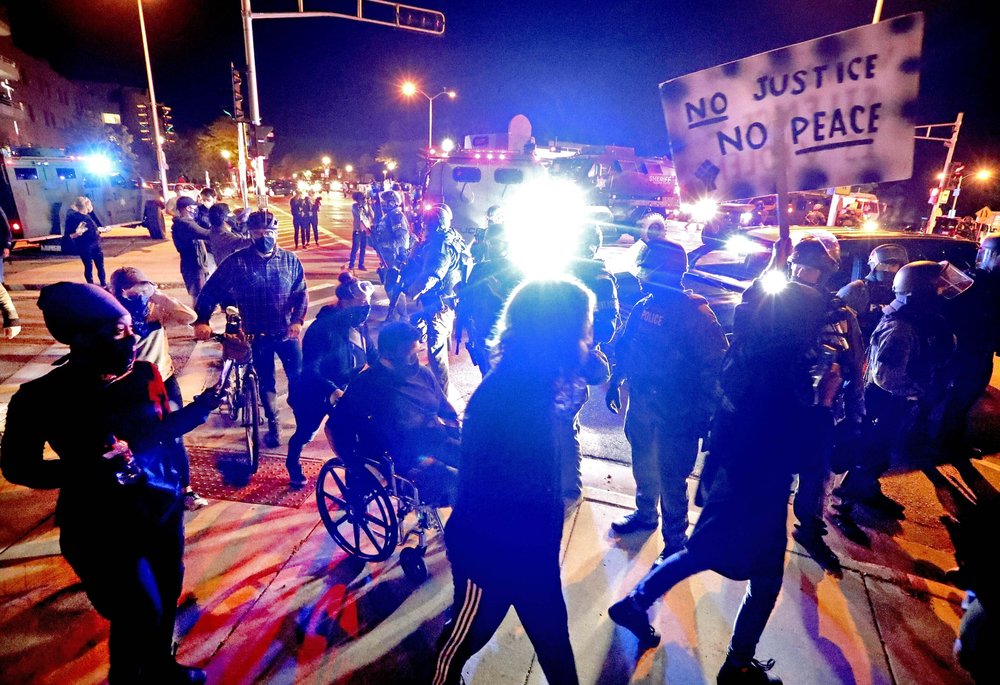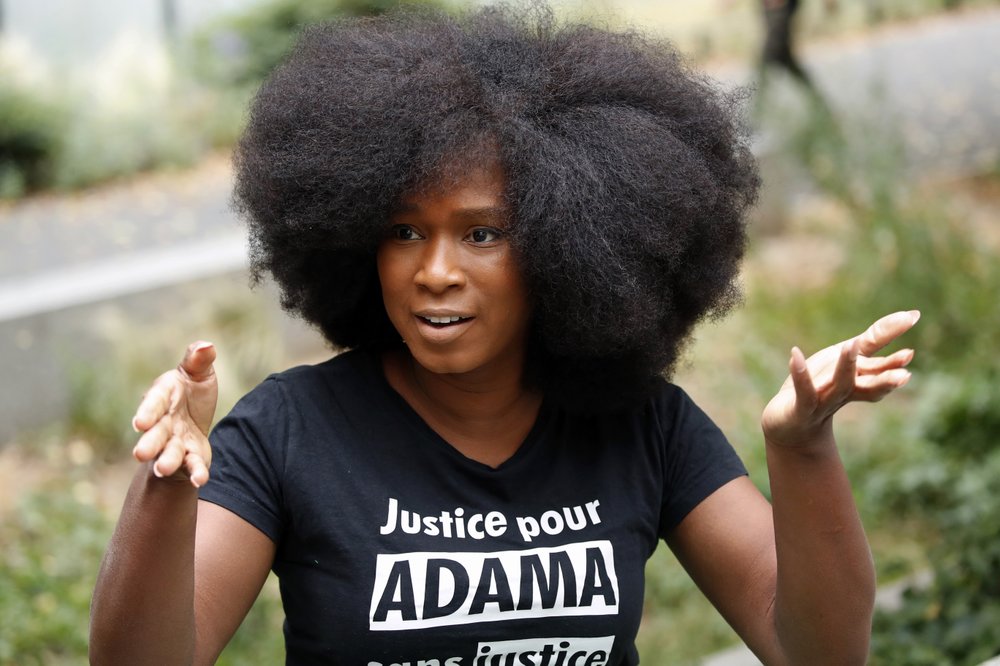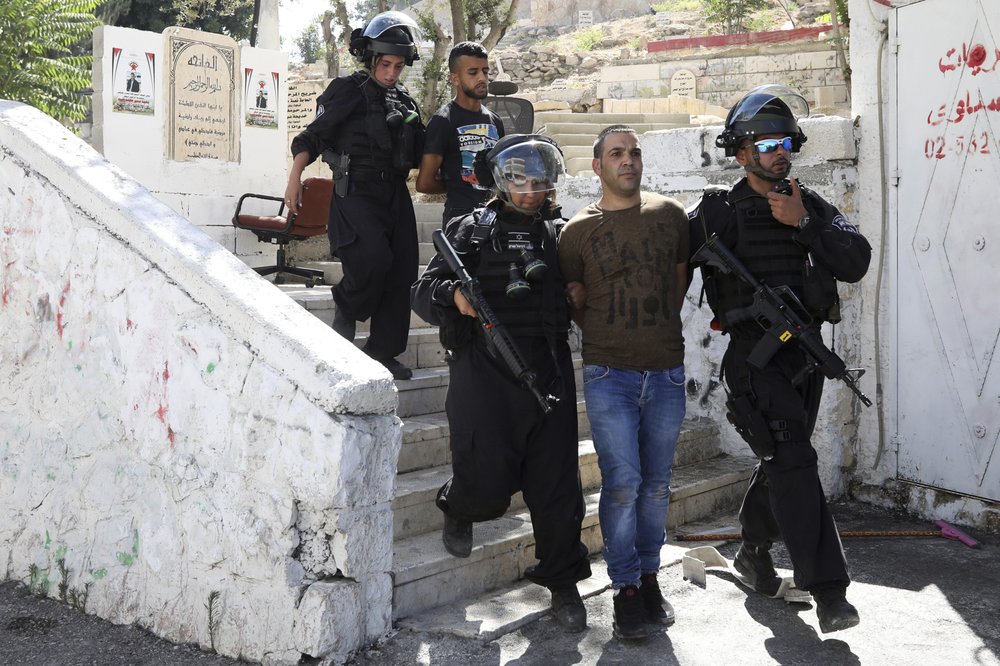Nine legal professionals announced the formation of a “popular fact finding committee” on Sunday to investigate alleged violations committed by Egyptian security bodies over the course of Egypt's 25 January uprising, which led to the ouster of Egypt's longstanding president Hosni Mubarak on 11 February.
The committee includes law professor Hossam Eissa, human rights activist Fatma Khafaga and head of Egypt's Supreme State Security Prosecution, Khaled al-Shalakany.
Eissa said that the most urgent incidents that the committee planned to investigate were the use of live ammunition against protesters and attacks on demonstrators in Cairo's Tahrir Square on 2 February. Men on horseback and camels, armed thugs and unidentified snipers assaulted protesters assembled in the square on 2 February, which resulted in several deaths and injuries.
The committee will also investigate a police withdrawal in late January which created a security vacuum; orders to use violence against protesters; orders to release convicted criminals from police holding cells; the kidnapping and detention of protesters and journalists; the shooting of prisoners; the emotional and physical abuse of detainees; the mistreatment of journalists and the destruction of their equipment; and the incitement of violence against foreigners and protesters by state media.
The committee believes that the 18-day uprising's death toll exceeds the 365 figure announced by the minister of health. It is now compiling information gleaned from human rights organizations and victims' families to arrive at a more accurate figure.
The committee is also asking members of the public to come forward with documents and testimonials about security violations.
An official fact-finding committee, formed after the events of 2 February, delivered its own report to the general prosecutor last week. The report cites evidence that live ammunition was used against protesters.
But Eissa says that his independent committee was drawn up because its members were not satisfied with the work done by the formal committee. He says that the formal committee failed to reach out to potential witnesses to obtain accurate information and limited its investigations to the events of 2 February, ignoring other violations that transpired during the uprising.
The popular committee is now collecting signatures to legitimize its findings, which it plans to eventually turn over to the public prosecutor and other investigative authorities.
“In order to make the authorities take our findings into account, we need popular pressure,” said al-Shalakany. “The more support we get, the more weight our findings will have and the more we’ll be able to take serious steps to prosecute the people responsible."
The committee, he added, would issue its preliminary findings within two weeks.




